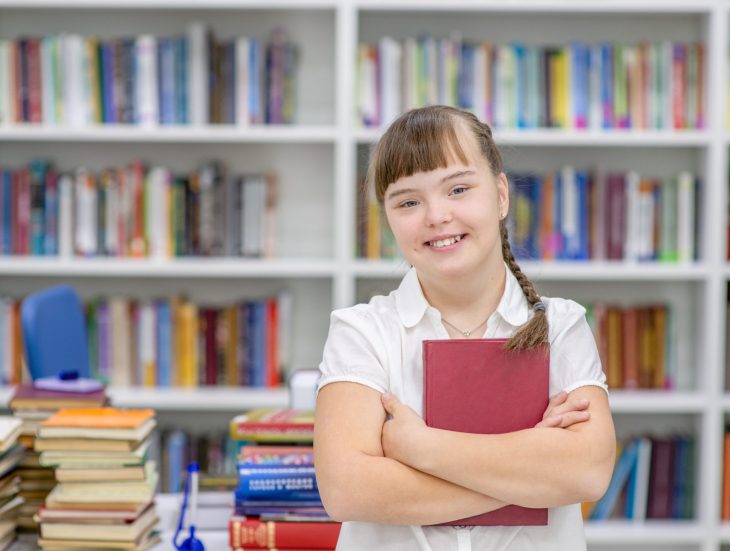Secondary Transition Services assists and prepares a student in special education to move from school to post-school living, learning, and working.
Activities within the post-school environment include: post-secondary education, vocational education, integrated employment (including supported employment), continuing and adult education, adult services, independent living, and community participation.
The process begins no later than age 16, in Iowa the process begins at age 14. The planning must take into account the individual’s preferences, interests, needs, and strengths. The planning process is documented within the Individual Education Program (IEP) and must include: instruction, related services, community experiences, the development of employment and post-school adult living skills, and, when appropriate, daily living skills and functional vocational evaluation.
Based on age-appropriate transition assessments, the team must discuss and document a plan for implementation that includes appropriate measurable post-secondary expectations related to living, learning, and working. The transition plan must also include transition services, including a course of study to reach the post-secondary expectations and services to be provided by other agencies when needed.

